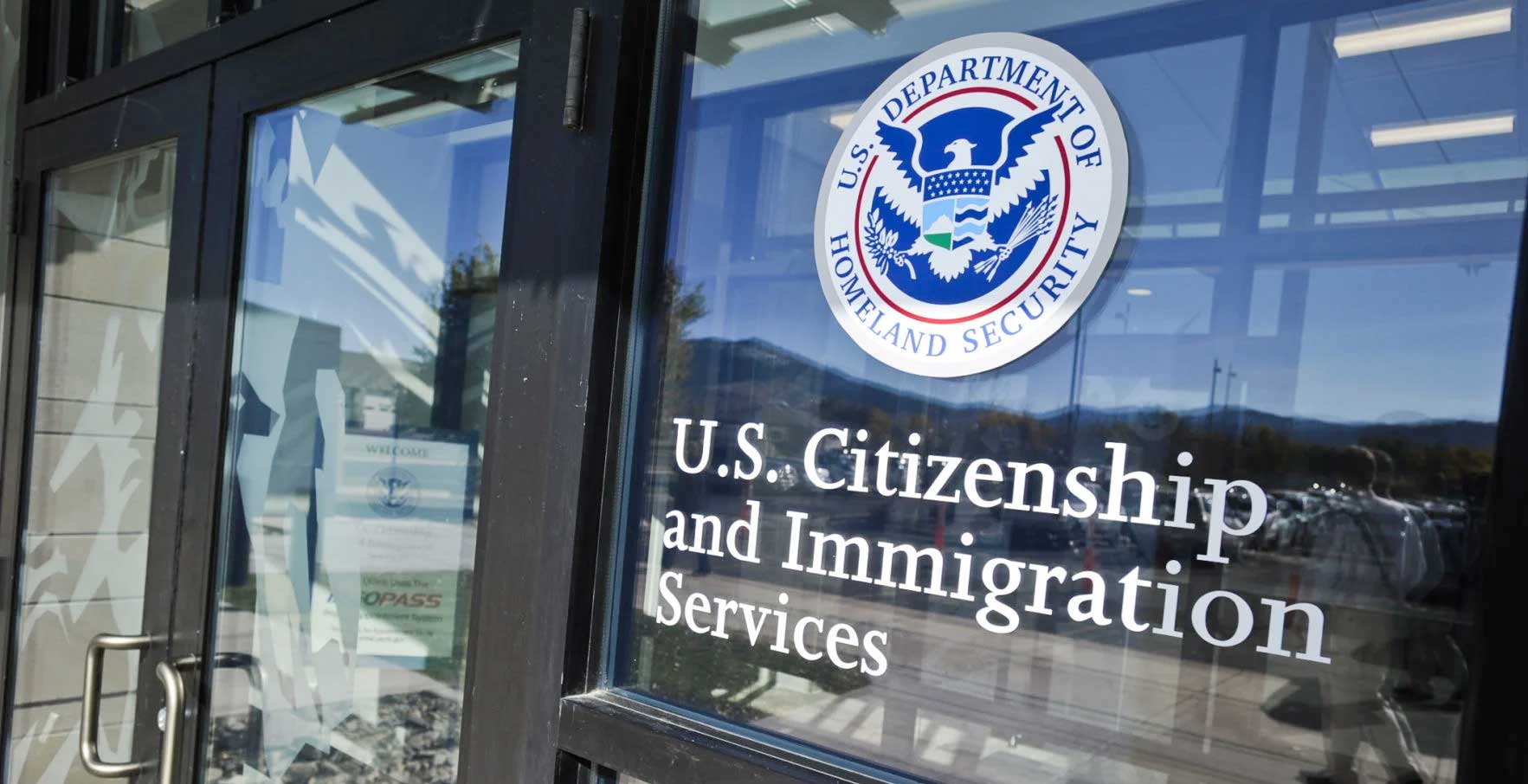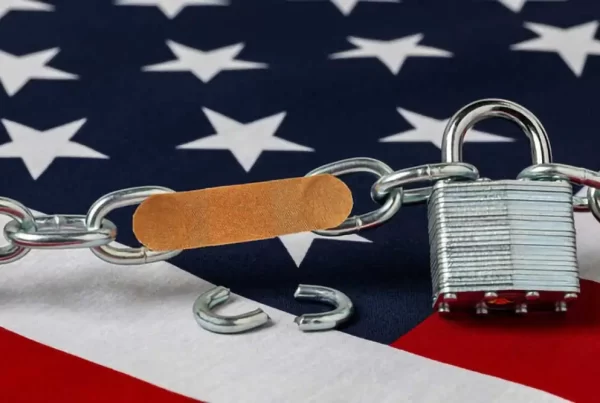The recent announcement by the Department of Homeland Security (DHS) regarding new Family Reunification parole processes for nationals from Colombia, El Salvador, Guatemala, and Honduras, as well as the expansion of existing processes for nationals of Cuba and Haiti, offers hope for families separated by the nightmarish family-based immigration process. But this hope comes with some unintended consequences that will arise due to Child Status Protection Act provisions, USCIS’s unmitigated failure to adjudicate long-pending family petitions, and the likely cascade of Federal Court Mandamus Actions.
Let’s explore the program and the potential ramifications of these factors.
Case Backlog and the Mandamus Solution
Biden’s “Delayed Family Reunification” program will be for individuals with already approved family-based petitions (Form I-130, Petition for Alien Relative). The key here is “Already approved.” See where I am going? If you are “already approved,” the foreign national and their immediate family members will be able to be considered, upon invitation by the National Visa Center (implying that USCIS has transferred the case to the NVC) for parole into the United States, on a case-by-case basis, while they wait for their immigrant visa priority date to become current. This is a fantastic way to reduce the workload at US Consulates and speed up the reunification of families, but it also means that if the case is still pending at USCIS, the beneficiaries cannot be considered for an invitation in this program. The complication is that USCIS has sitting in storage almost two million unadjudicated family based petitions (Forms I-130). You read that right, almost 2,000,000 cases on which the agency took money, and then just put the files in a box and sent them to storage-unadjudicated.
What ever motivation the agency had for taking money and not doing its job is, at this point, irrelevant, because once this new reunification program become active, supposedly in mid-June, potential beneficiaries are going to a want to participate and USCIS is going to be looking at hundreds of thousands of potential Mandamus actions. And what federal court judge is going to say that 13 years is a reasonable period to take to adjudicate an I-130 application?
Child Status Protection Act (CSPA) Challenges
That said, one major benefit of the USCIS delaying adjudication of a family based application is that, given the priority date backlog in all categories, for all countries, the CSPA is protecting more family memers ability to receive the benefits of the pending application. The CSPA was enacted to prevent children from “aging out” and losing their eligibility for immigration benefits. However, the complex nature of CSPA has led to various challenges. The CSPA says that the filing of a petition for a family member freezes the age of a child under of the age of 21 at the time of filing for the period that the USCIS takes to adjudicate the case (NOT the period it takes for the priority date to become current). The child’s age “unfreezes” when the petition is adjudicated, and the clock then resumes running. This could mean that a child whose age was frozen for 13 years while the petition was “pending,” might still age out waiting for the priority date to become current inside the United States under the new parole program. I fear that many people will come to the US to wait for their priority dates to become current under this program will find that they are ineligible for residence because they “aged out,” unless USCIS reinterprets the CSPA to allow for the filing of an adjustment of status application earlier than the currency of the priority date, such as they have done under the “Dates for Filing” Visa Bulletin program.
Vulnerability to Immigration Scams.
The lengthy waiting periods associated with family-based petitions can create a breeding ground for immigration scams. Desperate to be reunited with their families, petitioners may become targets of unauthorized individuals posing as legal advisors. It is crucial for individuals seeking immigration assistance to exercise caution and ensure they seek guidance only from authorized professionals to avoid falling victim to scams. I am already seeing people asking about how to qualify for the program, when it clearly has not been instituted yet.
While the new family reunification parole processes announced by DHS offers hope for many families, it is essential to recognize the potential unintended consequences that may arise due to the Child Status Protection, USCIS adjudicatory delays, and the inevitable filing of thousands of federal court mandamus actions. The challenges posed by aging out, delayed reunification, and vulnerability to scams underscore the urgent need for comprehensive immigration reform and improved efficiency within the USCIS. By addressing these issues, we can strive to create a system that upholds the principles of family unity, fairness, and timely resolution for those affected by the immigration process. We are not going to “policy” our way out of necessary statutory changes.






